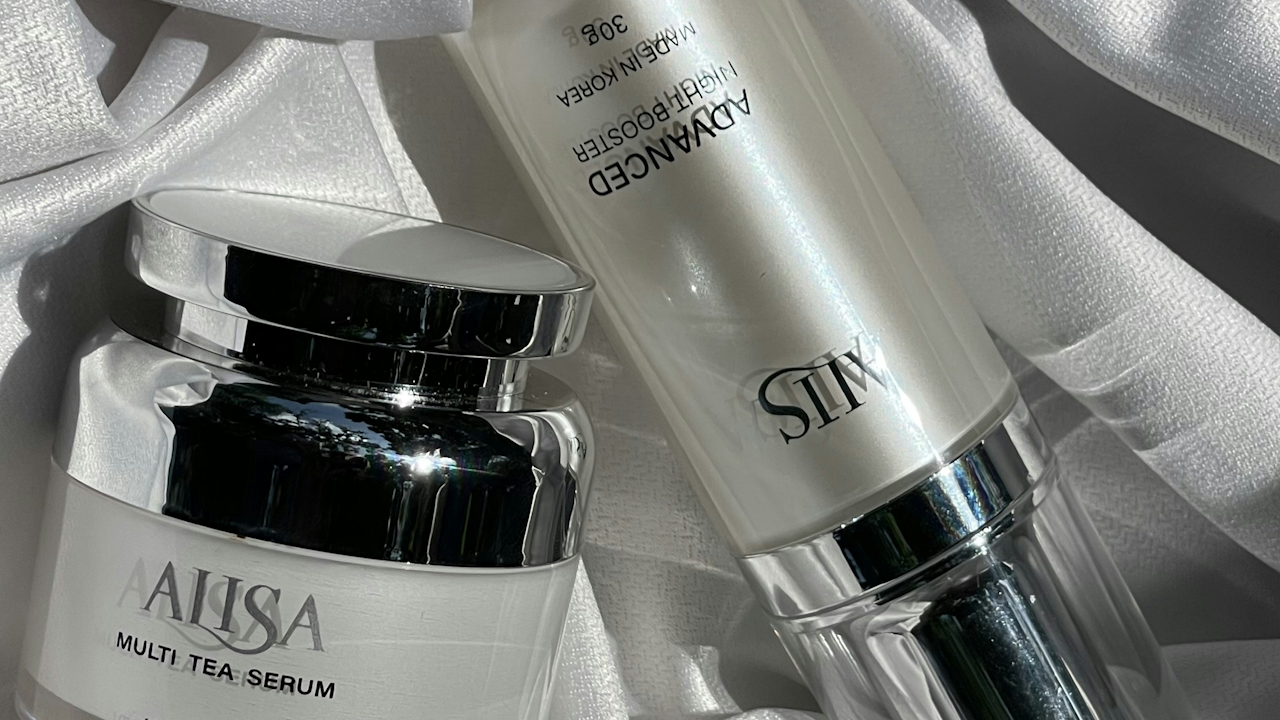The skincare industry is filled with promises of miracle cures, overnight transformations, and anti-aging solutions that sound too good to be true. While marketing often overshadows science, there are certain ingredients backed by decades of research that truly deliver results. Understanding how these ingredients work on a cellular level helps cut through the noise and allows people to make informed choices about their skincare routines. Below are some of the most effective ingredients, why they work, and what to consider when using them.
Retinoids: The Gold Standard for Anti-Aging
Retinoids, which include retinol and prescription-strength tretinoin, are derivatives of vitamin A. They are considered one of the most powerful ingredients in skincare because of their ability to speed up cell turnover and stimulate collagen production. As we age, the skin’s natural turnover slows, leading to dullness, fine lines, and uneven texture. Retinoids encourage new skin cells to form more quickly, which makes skin look smoother and more youthful.
Clinical studies show that long-term use of retinoids can reduce fine lines, fade hyperpigmentation, and improve overall elasticity. The main drawback is that retinoids can cause irritation, dryness, and peeling during the adjustment phase. Starting with a lower concentration and applying them two to three times a week before gradually increasing frequency is often recommended.
Vitamin C: A Potent Antioxidant
Vitamin C, also known as ascorbic acid, is another well-researched ingredient with multiple benefits. It acts as a powerful antioxidant, neutralizing free radicals that damage skin cells. Free radicals are unstable molecules generated by pollution, UV exposure, and natural metabolic processes, and they contribute to premature aging.
In addition to protecting against oxidative stress, vitamin C promotes collagen synthesis and brightens skin tone. Consistent use can reduce hyperpigmentation, fade dark spots, and improve overall radiance. However, vitamin C is unstable when exposed to air and light, so it is important to choose formulations that are packaged in opaque, airtight containers.
Hyaluronic Acid: The Hydration Hero
Hydration is essential for healthy skin, and hyaluronic acid is one of the most effective ingredients for maintaining moisture. It is a humectant, meaning it attracts water molecules from the environment and deeper skin layers to the surface. This gives skin a plumper, smoother appearance and reduces the visibility of fine lines caused by dryness.
Although the word “acid” might sound harsh, hyaluronic acid is gentle and suitable for all skin types. It can hold up to 1,000 times its weight in water, which makes it a popular choice in serums and moisturizers. Pairing hyaluronic acid with a good occlusive or emollient helps lock in the moisture it attracts.
Niacinamide: A Multi-Tasking Ingredient
Niacinamide, or vitamin B3, is one of the most versatile skincare ingredients available. It helps regulate oil production, strengthens the skin barrier, reduces redness, and minimizes the appearance of pores. It also provides antioxidant protection and has been shown to improve uneven skin tone.
Unlike retinoids or acids, niacinamide is generally well-tolerated, making it a great option for sensitive skin. Studies suggest that concentrations between 2 and 5 percent are effective, although higher levels may be used for targeted concerns like stubborn pigmentation. Because of its stability, niacinamide pairs well with many other active ingredients.
Alpha Hydroxy Acids (AHAs): Exfoliation Made Effective
Alpha hydroxy acids, such as glycolic acid and lactic acid, are chemical exfoliants that dissolve the bonds holding dead skin cells together. Unlike physical scrubs that can be abrasive, AHAs gently resurface the skin, revealing a smoother and brighter complexion. Regular exfoliation with AHAs can help fade hyperpigmentation, reduce fine lines, and improve skin texture.
Glycolic acid, derived from sugar cane, has the smallest molecular size, allowing it to penetrate deeply. Lactic acid, derived from milk, is slightly larger and tends to be gentler, making it better for sensitive skin. Because AHAs increase sun sensitivity, daily sunscreen use is essential when incorporating them into a routine.
Sunscreen: The Most Important Step
While it may not sound glamorous, sunscreen is arguably the most important skincare product. Ultraviolet radiation from the sun is the leading cause of premature aging, hyperpigmentation, and skin cancer. Using a broad-spectrum sunscreen with at least SPF 30 protects against both UVA and UVB rays.
Even the best anti-aging ingredients cannot undo consistent sun damage. Daily use of sunscreen preserves results from active ingredients and prevents new damage from forming. Modern sunscreens are formulated to be lightweight, non-greasy, and suitable for all skin tones, making daily use easier than ever.
Peptides: Building Blocks for the Skin
Peptides are short chains of amino acids that serve as the building blocks of proteins like collagen and elastin. When applied topically, certain peptides can signal the skin to produce more collagen, helping to reduce fine lines and improve firmness.
Although peptides may not deliver the dramatic results of retinoids, they can be a valuable addition to a skincare routine. They are generally well-tolerated, and when combined with other proven ingredients, they contribute to long-term skin health.
Choosing Ingredients Wisely
With so many products available, it is tempting to use everything at once, but layering too many actives can lead to irritation. A smart approach is to identify the primary concern, whether it is aging, pigmentation, or hydration, and select one or two active ingredients that target it effectively.
Consistency is key. Most ingredients require several weeks to show visible results, and skipping applications can hinder progress. It is also important to patch test new products to avoid unexpected reactions.
The science of skincare is evolving, but certain ingredients have earned their place as essentials due to strong evidence of effectiveness. Retinoids encourage skin renewal, vitamin C defends against oxidative damage, hyaluronic acid restores hydration, niacinamide addresses multiple concerns, and AHAs smooth and brighten. Peptides offer additional support, while sunscreen provides the ultimate protection.
By focusing on ingredients with proven benefits, rather than chasing marketing claims, it is possible to build a routine that truly supports long-term skin health.

